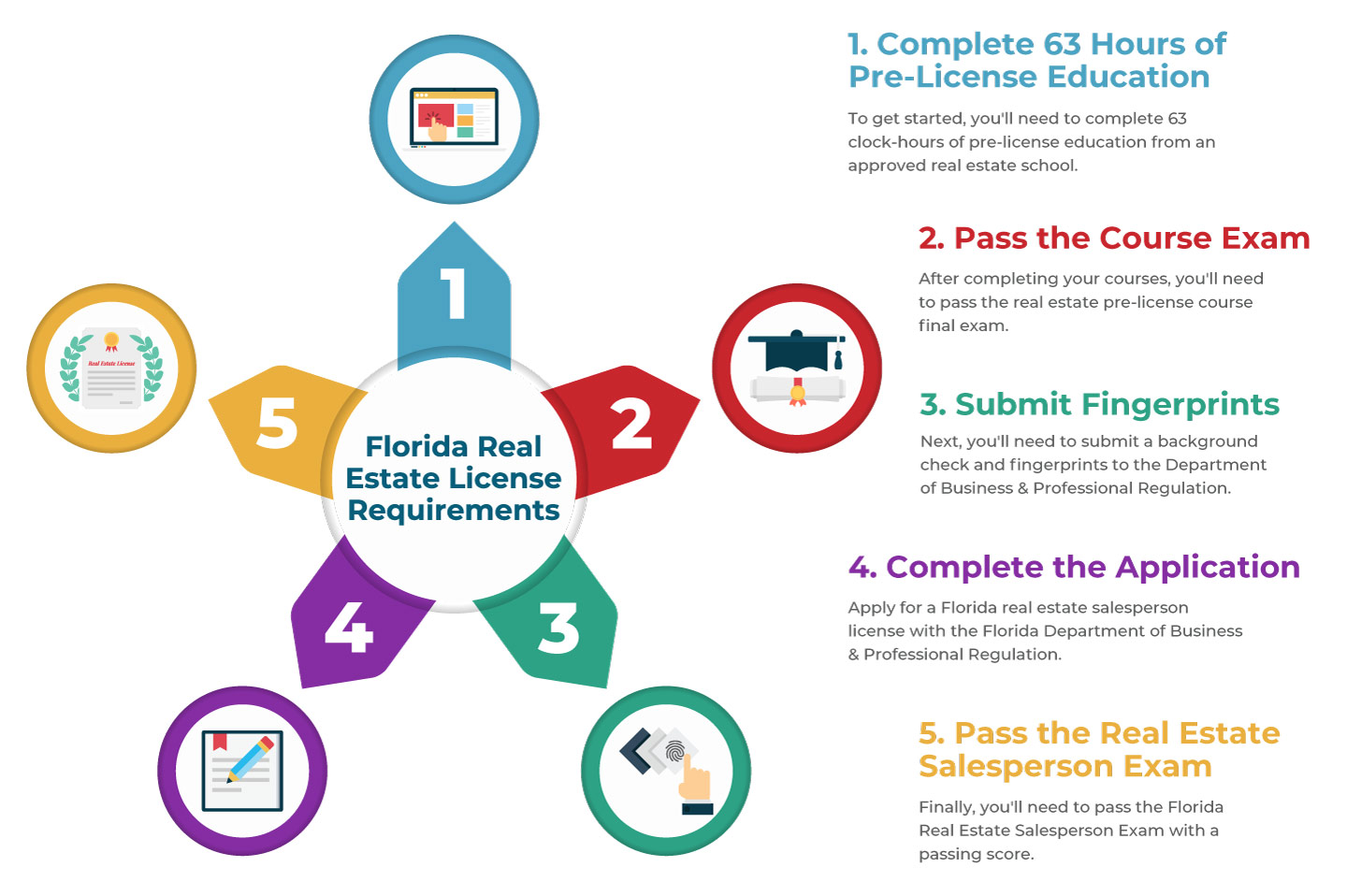
Multi-family mortgage loans are available. There are many things you need to take into consideration. These factors include down payment, interest rates, and other financing options. This article will provide information on the down payment and rates for these types loans. Once you have these details figured out, you'll be able to choose the best mortgage loan for your situation.
Multi-family mortgage rates
The interest rate on a multi-family mortgage loan is affected by many factors. These loans have higher reserve requirements than conventional loans. Because multifamily loans have a higher level risk, they are generally more expensive. For this reason, buyers should try to find a lender that specializes in multifamily loans.
A traditional FHA mortgage program permits borrowers to purchase multifamily properties that have up to four units. The program's benefits include a low down payment, and a lower interest rates. You will also enjoy lower DTI and less stringent requirements.

Down payment requirements
Multi-family mortgage loans have different down payment requirements depending on the property. A multifamily property with three units may require a 20% downpayment, while a property with two units might only need a 5% downpayment. In addition, banks may have different guidelines for how much down payments are required for multifamily properties.
While the down payment required for multi-family properties is significantly higher than that of single-family homes, you can still get approved with a low down payment. Some programs require only 5% down and others may accept as little as zero down. There are programs that let you borrow the down payment from a parent, relative, or friend to help finance a portion.
Minimum interest rate requirements
You will need to satisfy several requirements in order to be eligible for a multifamily mortgage loan. Pre-qualification requires you to review your income and credit scores. Most lenders require a minimum credit score of 620 in order to approve you for a loan.
There are other financing options
Alternative financing presents some challenges. Alternative financing presents some challenges. There is limited documentation, insufficient data on alternative financing's effectiveness, and wide variation among states in the types available. Lack of research can make it difficult for policymakers to evaluate the benefits and risks of alternative financing.

Private equity, debt funding, and online marketplaces offer alternative financing options for multifamily mortgage loan requirements. Private equity funds are frequently used to finance commercial realty deals. These funds pool the capital and provide equity or debt financing to borrowers. This type financing is not appropriate for all circumstances and requires careful research.
FAQ
How do I know if my house is worth selling?
You may have an asking price too low because your home was not priced correctly. You may not get enough interest in the home if your asking price is lower than the market value. To learn more about current market conditions, you can download our free Home Value Report.
How do I repair my roof
Roofs can leak due to age, wear, improper maintenance, or weather issues. Roofers can assist with minor repairs or replacements. Contact us for further information.
Do I need a mortgage broker?
A mortgage broker can help you find a rate that is competitive if it is important to you. Brokers have relationships with many lenders and can negotiate for your benefit. However, some brokers take a commission from the lenders. Before you sign up, be sure to review all fees associated.
Which is better, to rent or buy?
Renting is usually cheaper than buying a house. It's important to remember that you will need to cover additional costs such as utilities, repairs, maintenance, and insurance. Buying a home has its advantages too. You will have greater control of your living arrangements.
Should I rent or own a condo?
Renting could be a good choice if you intend to rent your condo for a shorter period. Renting will allow you to avoid the monthly maintenance fees and other charges. The condo you buy gives you the right to use the unit. You are free to make use of the space as you wish.
What amount of money can I get for my house?
It depends on many factors such as the condition of the home and how long it has been on the marketplace. The average selling price for a home in the US is $203,000, according to Zillow.com. This
How do I calculate my interest rate?
Interest rates change daily based on market conditions. In the last week, the average interest rate was 4.39%. Divide the length of your loan by the interest rates to calculate your interest rate. For example, if you finance $200,000 over 20 years at 5% per year, your interest rate is 0.05 x 20 1%, which equals ten basis points.
Statistics
- Over the past year, mortgage rates have hovered between 3.9 and 4.5 percent—a less significant increase. (fortunebuilders.com)
- This seems to be a more popular trend as the U.S. Census Bureau reports the homeownership rate was around 65% last year. (fortunebuilders.com)
- Private mortgage insurance may be required for conventional loans when the borrower puts less than 20% down.4 FHA loans are mortgage loans issued by private lenders and backed by the federal government. (investopedia.com)
- 10 years ago, homeownership was nearly 70%. (fortunebuilders.com)
- Some experts hypothesize that rates will hit five percent by the second half of 2018, but there has been no official confirmation one way or the other. (fortunebuilders.com)
External Links
How To
How to Manage a Rent Property
Renting your home can be a great way to make extra money, but there's a lot to think about before you start. We will show you how to manage a rental home, and what you should consider before you rent it.
Here are some things you should know if you're thinking of renting your house.
-
What is the first thing I should do? Take a look at your financial situation before you decide whether you want to rent your house. You may not be financially able to rent out your house to someone else if you have credit card debts or mortgage payments. It is also important to review your budget. If you don't have enough money for your monthly expenses (rental, utilities, and insurance), it may be worth looking into your options. This might be a waste of money.
-
How much will it cost to rent my house? It is possible to charge a higher price for renting your house if you consider many factors. These include factors such as location, size, condition, and season. Keep in mind that prices will vary depending upon where you live. So don't expect to find the same price everywhere. Rightmove shows that the median market price for renting one-bedroom flats in London is approximately PS1,400 per months. This would translate into a total of PS2,800 per calendar year if you rented your entire home. Although this is quite a high income, you can probably make a lot more if you rent out a smaller portion of your home.
-
Is it worthwhile? Although there are always risks involved in doing something new, if you can make extra money, why not? It is important to understand your rights and responsibilities before signing anything. Renting your home won't just mean spending more time away from your family; you'll also need to keep up with maintenance costs, pay for repairs and keep the place clean. Make sure you've thought through these issues carefully before signing up!
-
Are there any advantages? You now know the costs of renting out your house and feel confident in its value. Now, think about the benefits. Renting your home is a great way to get out of the grind and enjoy some peace from your day. No matter what your choice, renting is likely to be more rewarding than working every single day. And if you plan ahead, you could even turn to rent into a full-time job.
-
How can I find tenants? After you have made the decision to rent your property out, you need to market it properly. Listing your property online through websites like Rightmove or Zoopla is a good place to start. Once potential tenants contact you, you'll need to arrange an interview. This will enable you to evaluate their suitability and verify that they are financially stable enough for you to rent your home.
-
How can I make sure that I'm protected? If you're worried about leaving your home empty, you'll need to ensure you're fully protected against damage, theft, or fire. You'll need to insure your home, which you can do either through your landlord or directly with an insurer. Your landlord will typically require you to add them in as additional insured. This covers damages to your property that occur while you aren't there. If your landlord is not registered with UK insurers, or you are living abroad, this policy doesn't apply. In such cases, you will need to register for an international insurance company.
-
Even if your job is outside the home, you might feel you cannot afford to spend too much time looking for tenants. But it's crucial that you put your best foot forward when advertising your property. A professional-looking website is essential. You can also post ads online in local newspapers or magazines. A complete application form will be required and references must be provided. Some prefer to do it all themselves. Others hire agents to help with the paperwork. You'll need to be ready to answer questions during interviews.
-
What do I do when I find my tenant. If you have a contract in place, you must inform your tenant of any changes. Otherwise, you can negotiate the length of stay, deposit, and other details. It's important to remember that while you may get paid once the tenancy is complete, you still need to pay for things like utilities, so don't forget to factor this into your budget.
-
How do you collect rent? You will need to verify that your tenant has actually paid the rent when it comes time to collect it. You'll need remind them about their obligations if they have not. Before you send them a final invoice, you can deduct any outstanding rent payments. If you're having difficulty getting hold of your tenant you can always call police. They will not usually evict someone unless they have a breached the contract. But, they can issue a warrant if necessary.
-
How can I avoid problems? You can rent your home out for a good income, but you need to ensure that you are safe. Consider installing security cameras and smoke alarms. Check with your neighbors to make sure that you are allowed to leave your property open at night. Also ensure that you have sufficient insurance. Do not let strangers in your home, even though they may be moving in next to you.